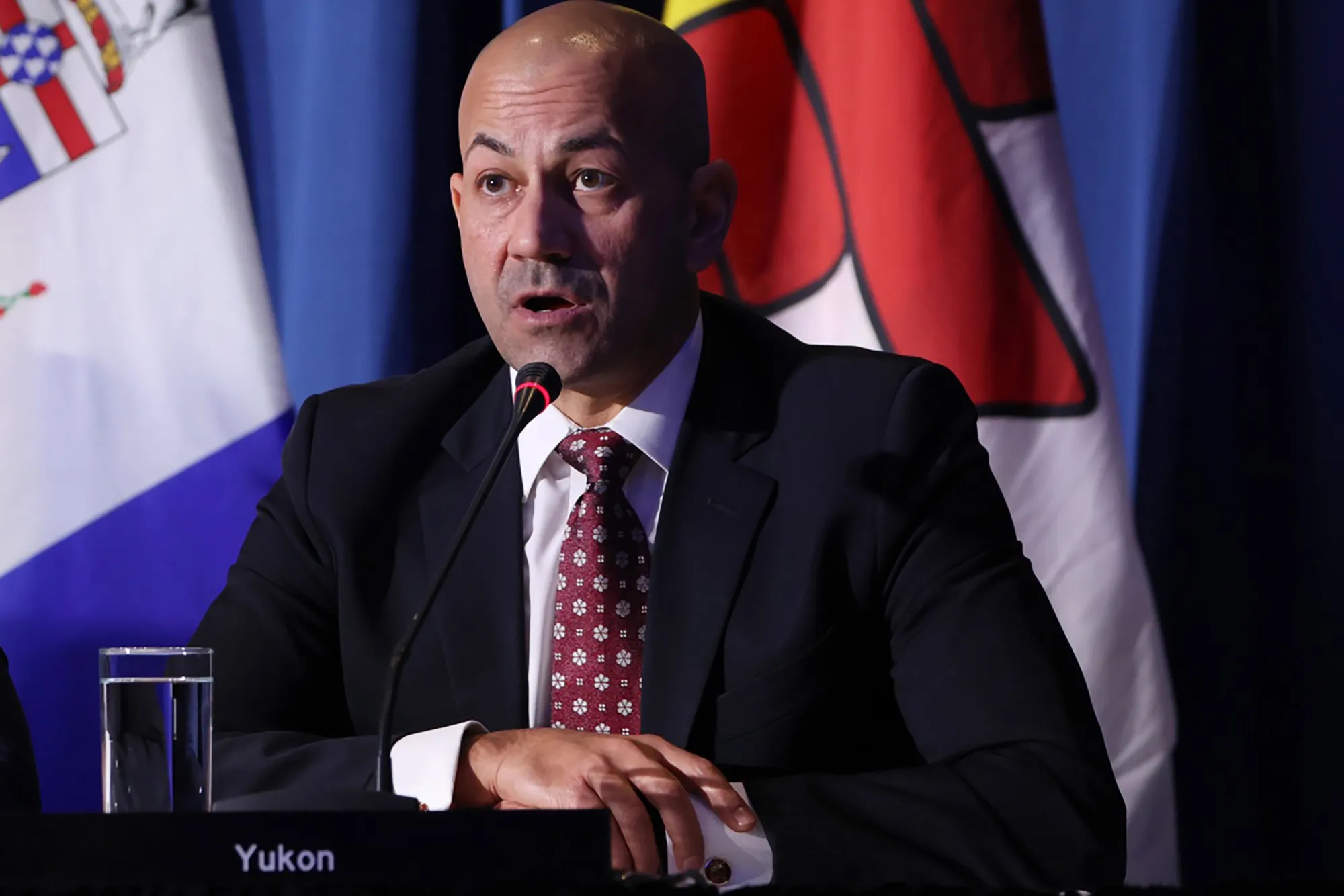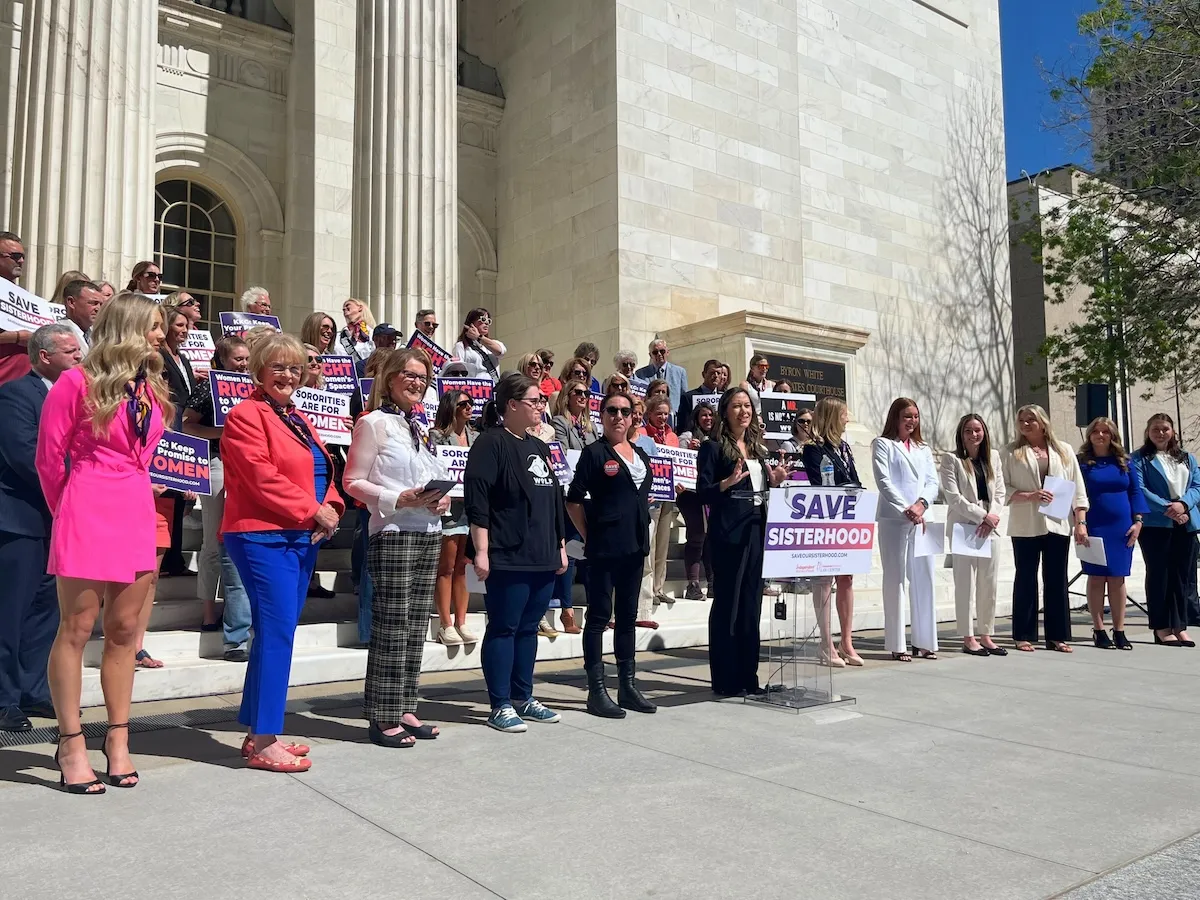A wave of optimism is sweeping through American businesses following Donald Trump’s election victory, fueled by anticipation of pro-business policies and reduced regulatory burdens, Bloomberg reports.
From manufacturing plants to construction sites, surveys conducted by various regional Federal Reserve banks reveal a significant uptick in business sentiment, adding another chapter to the “Trump Bump” that began with a post-election stock market rally.
This positive outlook contrasts sharply with the more cautious projections of many Wall Street economists, who express concerns about potential economic fallout from Trump’s threatened tariffs on imported goods. However, the ground-level sentiment paints a different picture.
The optimism is evident across various sectors and regions:
- Manufacturing: Several Federal Reserve manufacturing surveys reflect this surge in confidence. The New York Fed’s Empire State manufacturing index saw its biggest jump since June 2020. Similar positive trends were observed in Philadelphia, Kansas City, and Texas, with manufacturers expressing the highest levels of optimism in years regarding capital spending, sales, and overall business activity.
- Services: The positive outlook extends to the service sector, which constitutes the largest portion of the US economy. Surveys from the Philadelphia and Richmond Federal Reserve districts, as well as Texas, show service providers expressing the highest levels of confidence in years regarding revenue expectations, demand, and planned capital expenditures.
- Construction: Even the housing market, currently hampered by high borrowing costs and asking prices, is experiencing a boost in optimism. The National Association of Home Builders/Wells Fargo index reached a seven-month high in November, driven by expectations of eased regulatory burdens under the Trump administration.









